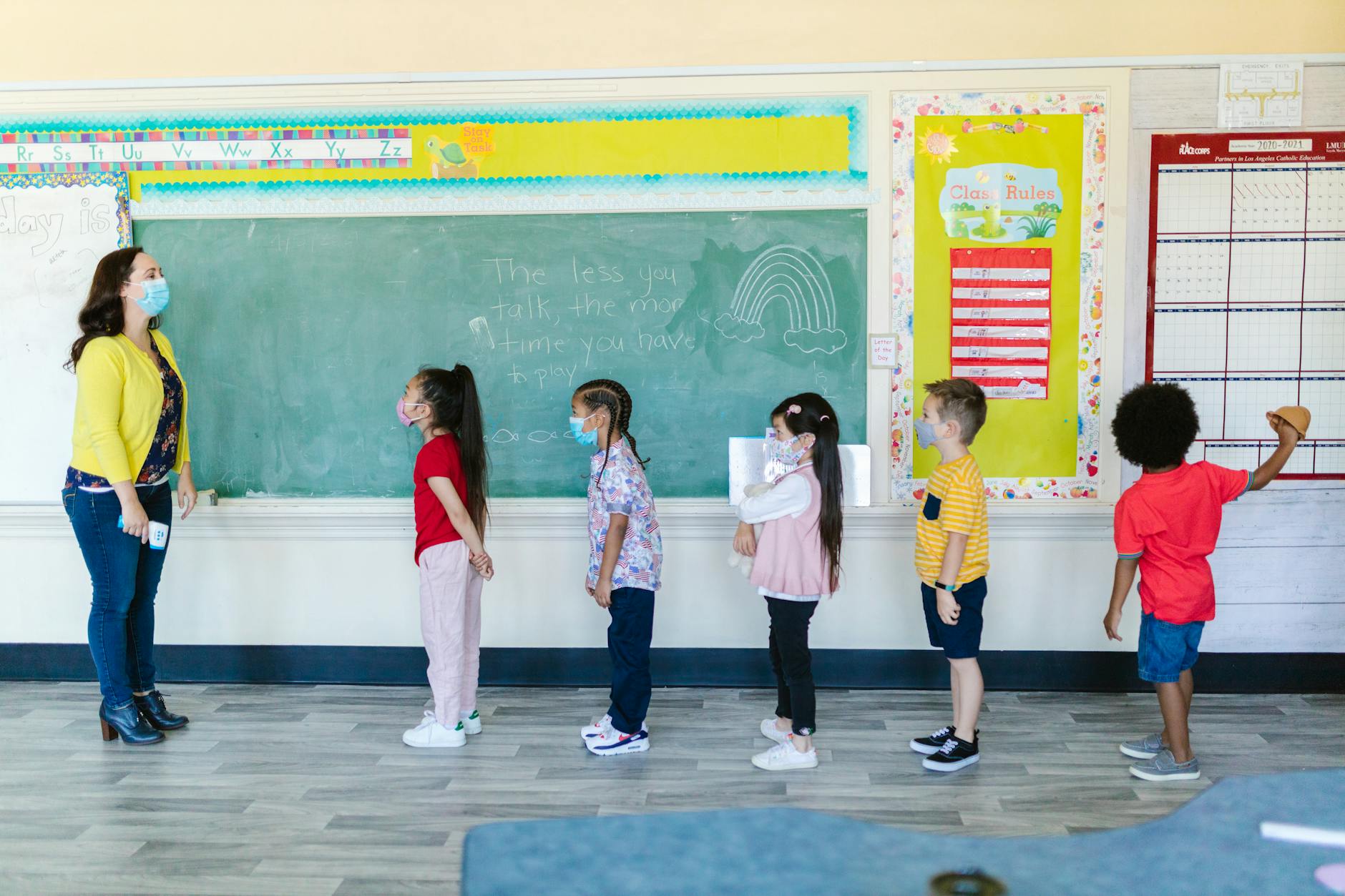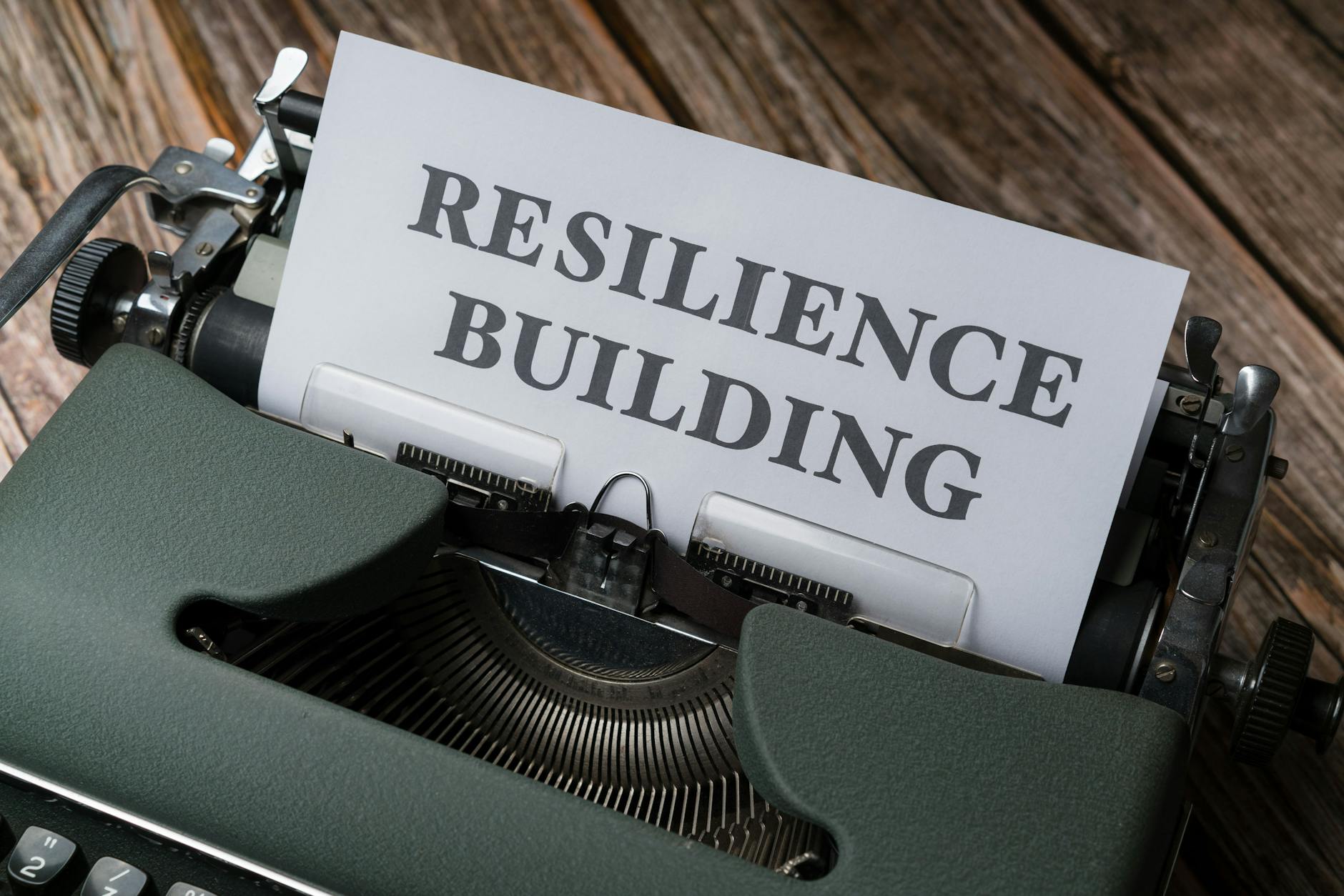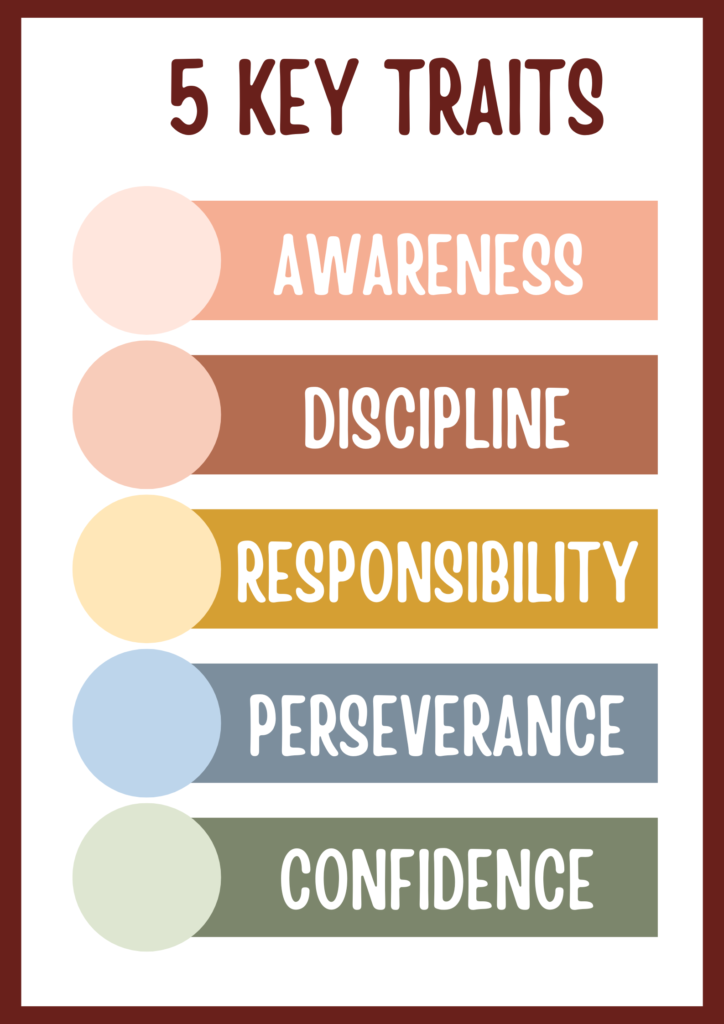Many parents have plenty of concerns about the harms of technology on our children. And this worry is warranted. It’s really a scary world out there—from online bullying and AI that’s everywhere, to distracting online games, social media, and harmful individuals hiding behind screens—parents are right to be worried.
One of the biggest concerns parents have is how technology disrupts students’ learning. However, this should not always be the case. Technology is a double-edged sword, and if our kids know how to protect themselves from its dangers, they can use its advances to their advantage—especially when it comes to learning. Here are some ways:
Access to a World of Knowledge
The internet has placed an endless amount of information at our children’s fingertips. Educational platforms, e-books, online courses, and even free documentaries allow them to explore subjects beyond their school curriculum. Whether they want to learn a new language, explore science experiments, or study history, technology provides resources that make learning more engaging and self-directed.

Interactive and Personalized Learning
Unlike traditional learning methods, technology enables interactive learning experiences through educational apps, games, and simulations. Many platforms also adapt to a child’s pace, providing personalized lessons based on their strengths and weaknesses. This helps children grasp concepts better and stay motivated in their studies.
Enhancing Creativity and Critical Thinking
Many digital tools encourage creativity, from music and art apps to coding platforms and video editing software. Technology allows children to create, experiment, and problem-solve, helping them develop critical thinking skills that will be useful in their academic and future careers.

In closing, technology is neither inherently good nor bad—it depends on how it is used. While there are legitimate concerns about its negative impact, we must also recognize its potential to enrich learning. By guiding our children to use technology responsibly and purposefully, we can help them unlock opportunities that enhance their education, creativity, and critical thinking. Instead of fearing technology, we should equip our children to use it wisely and to their advantage.


















